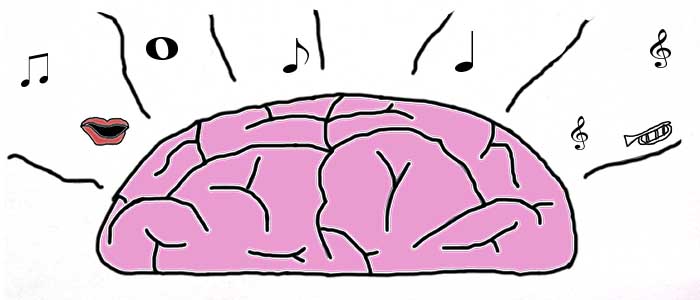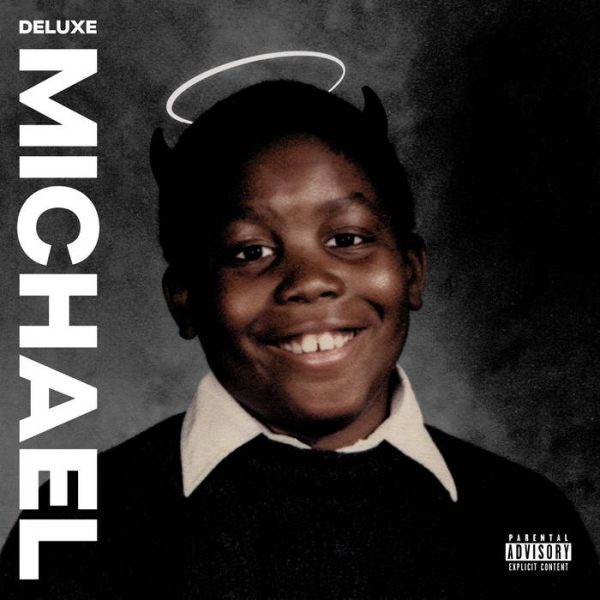The perks of being a music listener
Around the world, people for many centuries have agreed upon the idea that music is a central part of human life and how important it is to have music in one’s life. Even the great Friedrich Nietzsche once said, “Without music, life would be a mistake.” And after all, flutes have been around for about 37,000 years, so that’s a pretty long time that human-made music has been around. However, studies and research have shown that music is way more crucial to everyday life than once thought.
Music is one of the most important things we have as humans, because it can affect almost every aspect of our attitudes and brain functions. For instance, in a study that McGill University in Montreal conducted, 400 students about to undergo surgery were given either anti-anxiety drugs, or the instruction to listen to music.
Surprise surprise, after cortisol (hormone related to stress and anxiety) levels were checked, students who had been listening to music had much lower levels of cortisol than those on specifically tailored anti-anxiety medications. Impressive, considering that music is just sounds and rhythms put together that were able to outperform clinically proven drugs used to relieve anxiety.
Not only can music physically relieve stress hormones, but they can also help the mind focus on upcoming events or while studying. Listening to music while studying and whether it helps the mind retain information better or not has been one of the most controversial topics regarding the consumption of music.
In a recent study done by the University of Wales, students were given a serial recall test (a test in which people are quizzed on the order of appearance of objects or items shown to them) in five different scenarios; in complete quiet, in a steady state speech (one word repeated over and over) scenario, in a changing state (words are spoken normally like in a conversation) environment, with “liked” music played in the background, and finally with “disliked” music in the background.
In the test, students who listened to music (liked or dislike) and those who listened to to steady speech scored very similarly, implying that music is not truly distracting. However, in a similar test conducted by several Korean scientists, students who did listen to music showed a curiously odd occurrence; the test scores were completely scattered. This would mean that every person is unique, and that we all function differently when studying and listening to music due to our unique tastes of music and brain functions.
So music is positive when it comes to stress-relief and anxiety lowering, but neutral in a studying scheme. Yet we still love music, and music is one of the most amazing things humans have developed. But why? What’s the attraction to music, and why is it so crucial to everyday life?
Scientists Anne Blood and Robert Zatorre at McGill University asked themselves this back in 2001, and decided to look at scans of the brain with and without music involved.
Incredibly, with people listening to music, Blood and Zatorre saw much more activity and diversity of activity in the brains. Looking further into this matter, the scientists discovered that the areas of the brain affected by music were areas responsible for were the limbic and paralimbic parts of the brain. The limbic system is in the center of the brain, and paralimbic just slightly behind it.
These two systems are responsible for the euphoric reward system, which is the system in which the body does something that is then rewarded with dopamine from the brain. Therefore, music was stimulating the limbic and paralimbic brain systems, which then releases dopamine into our bodies, making us “feel good” while listening to music.
At least, that’s the scientific view of why music is great! Ultimately though, music is an amazing audial way to connect people of all kinds together through sounds and rhythms that allow us to feel ways that we don’t normally. Music is so crucial to everyday life because, in a sense, music describes our lives and helps us get through them.
by JOEL TIMMS













